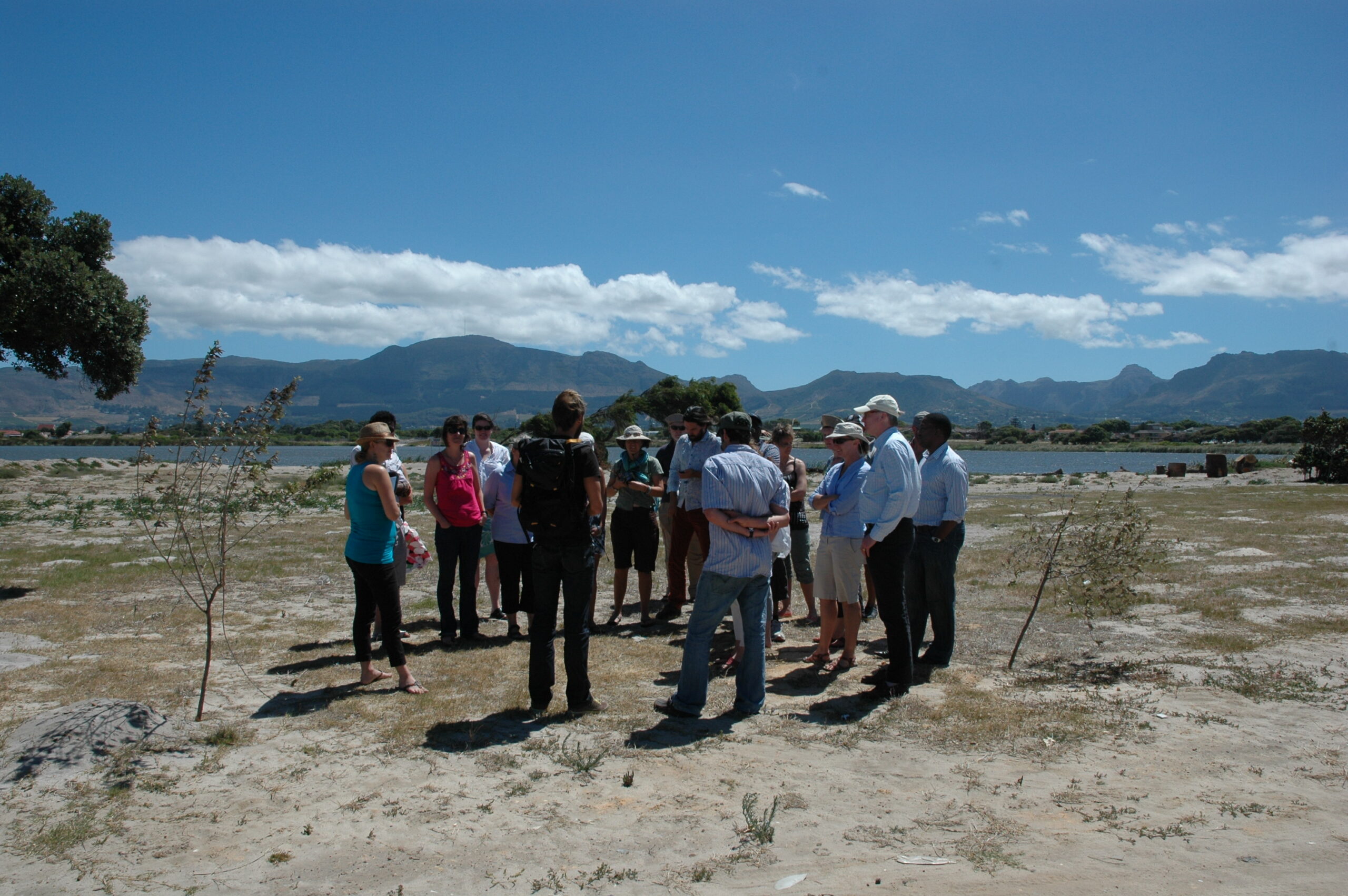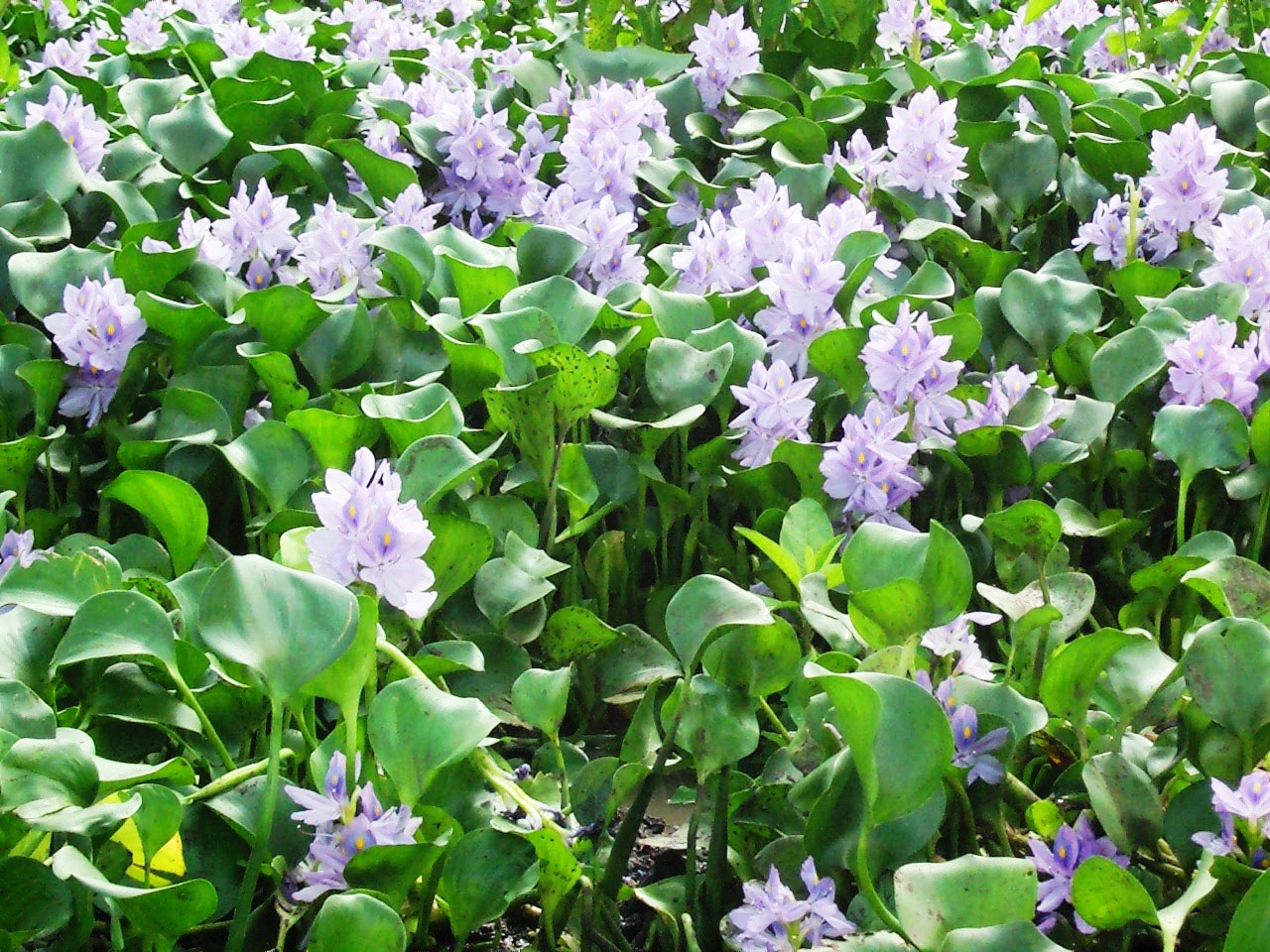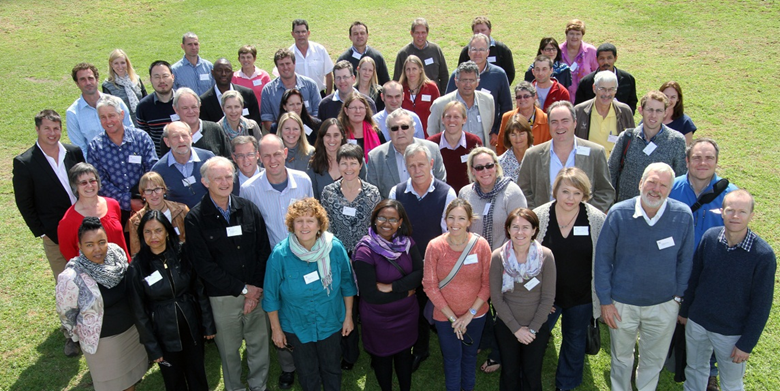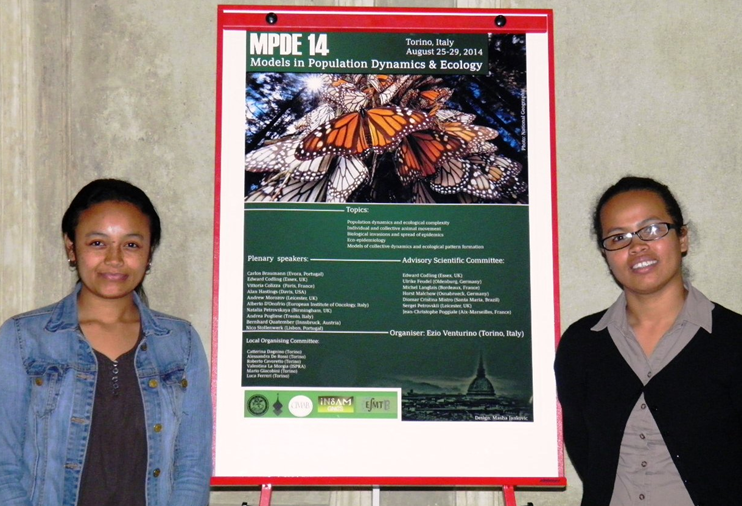Stakeholder perspectives crucial for mainstreaming ecosystem services in development planning
Nature provides us with benefits such as fresh water, food, climate regulation, nutrient recycling and a sense of place. These benefits, also known as “ecosystem services”, are critical for our well-being and underpin any future development. Despite an increase in research on ecosystem services, and how these services link to development, it would seem that there is still a gap between ecosystem service research and the implementation of management activities on the ground.




